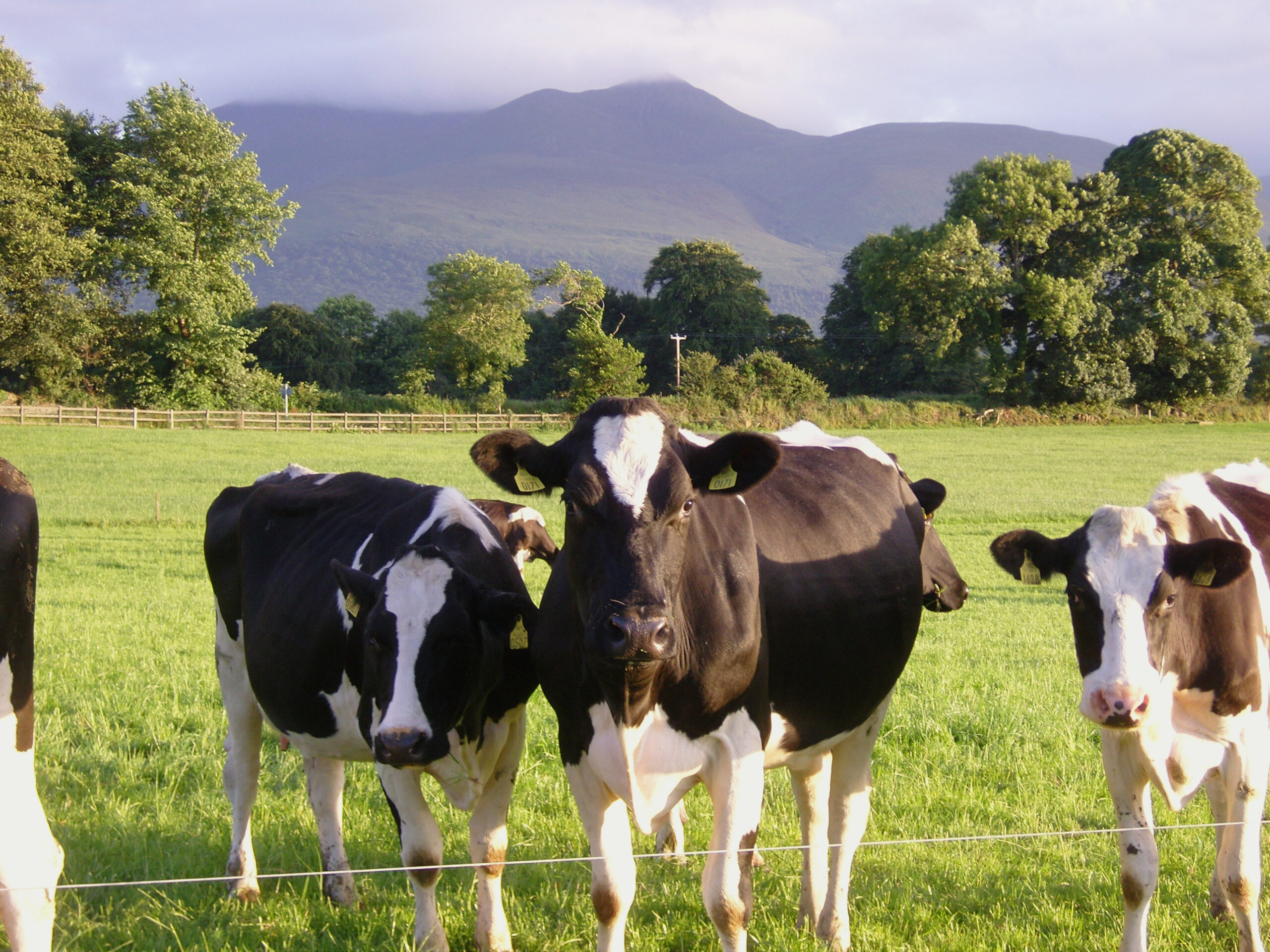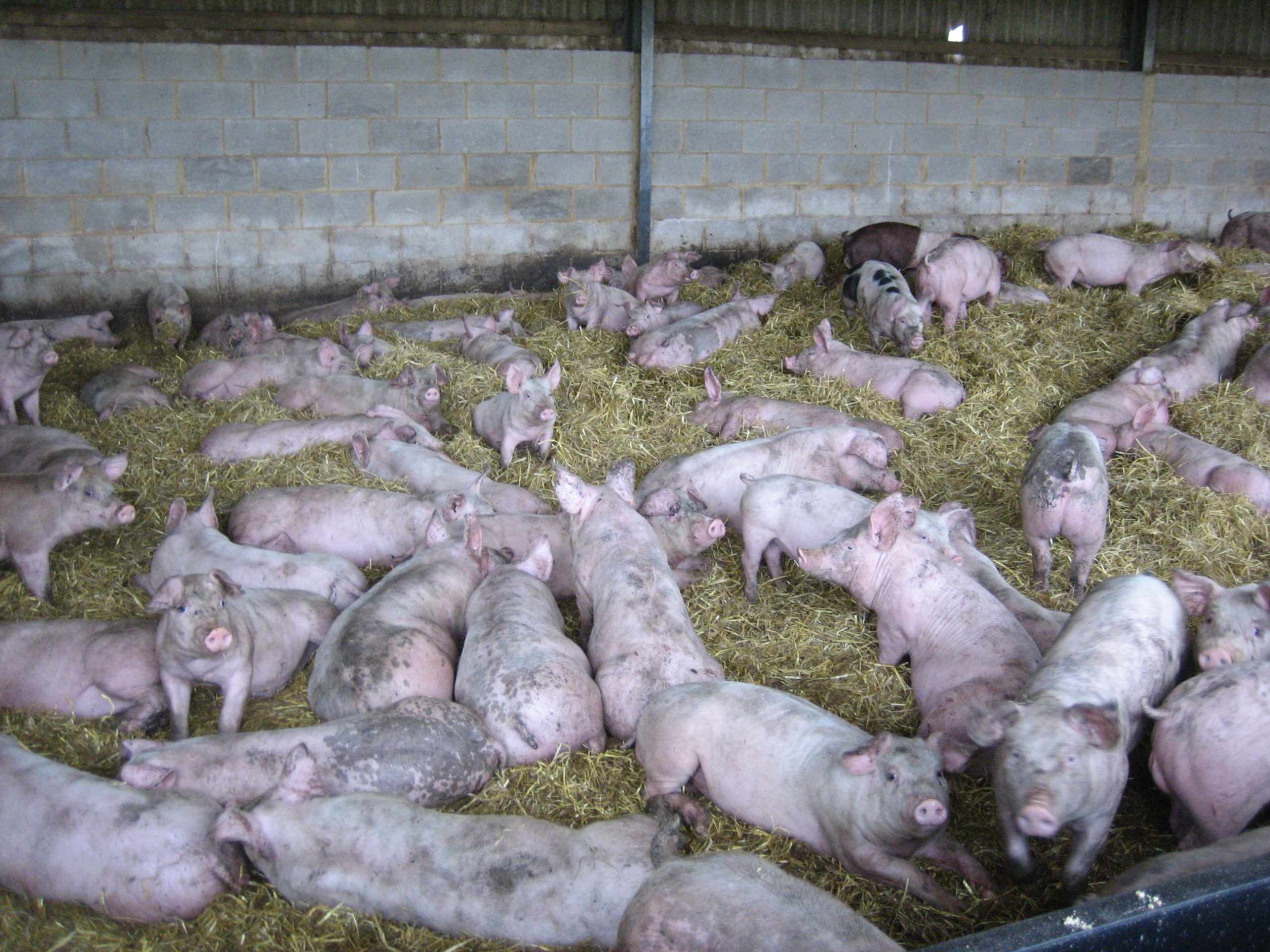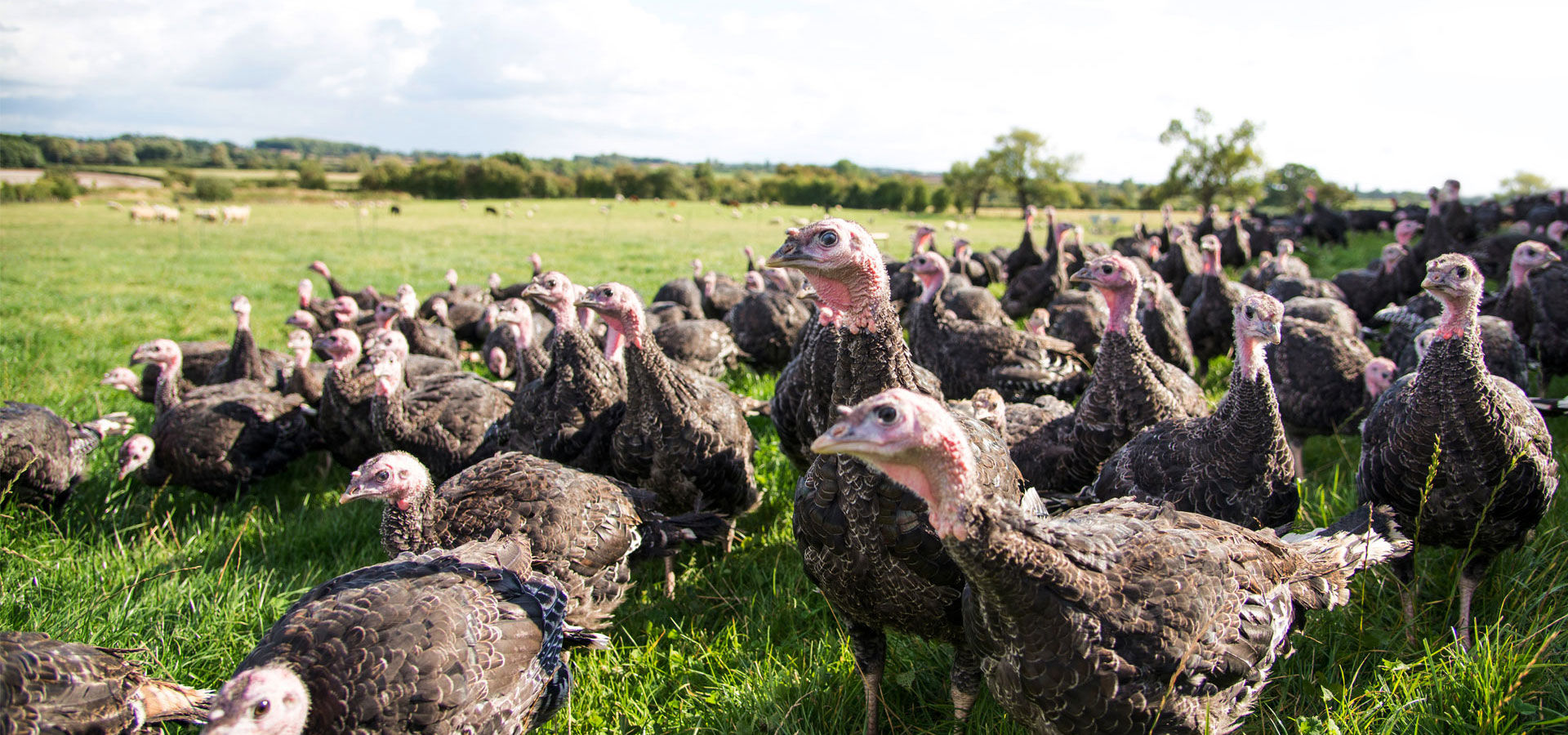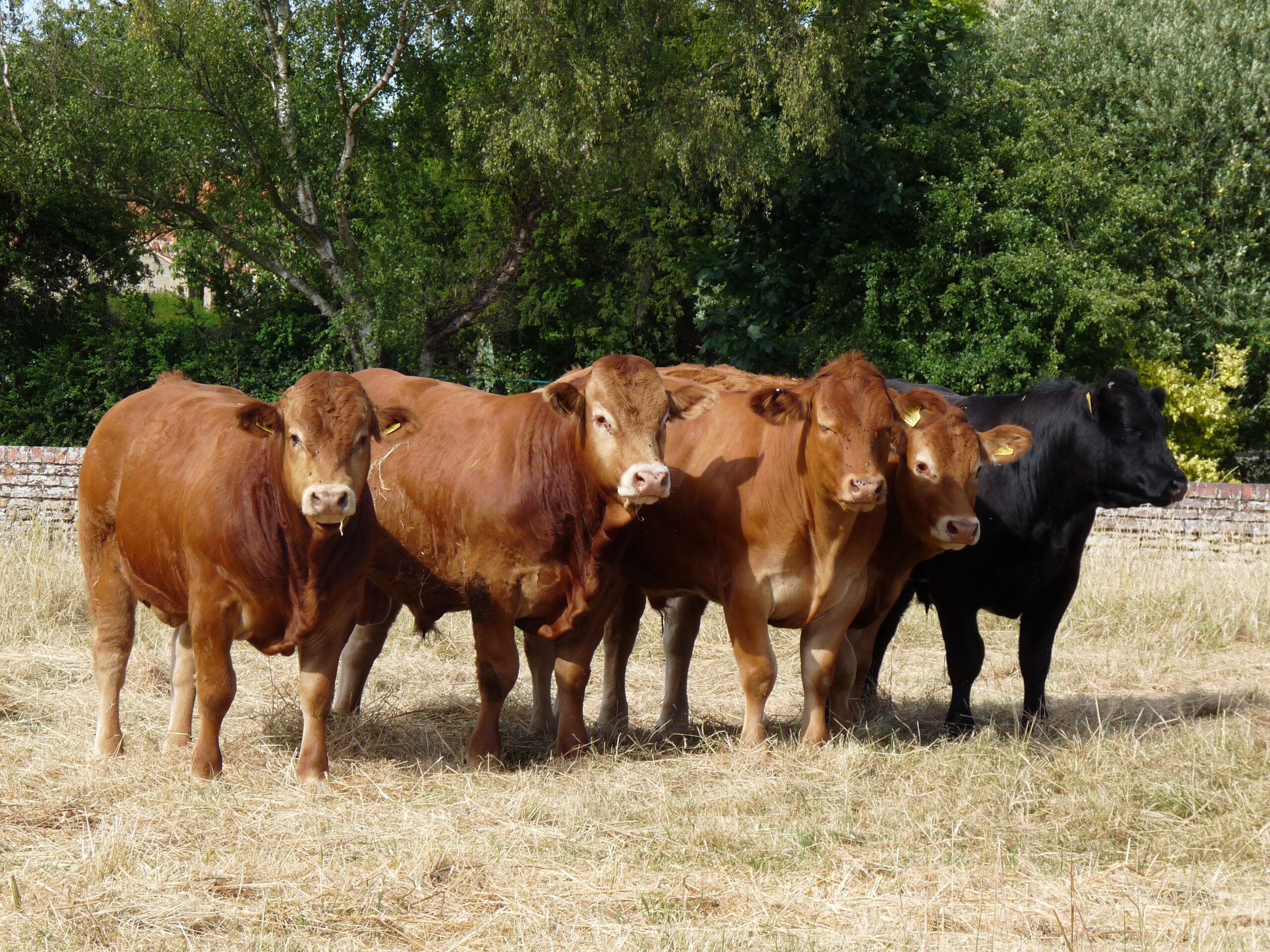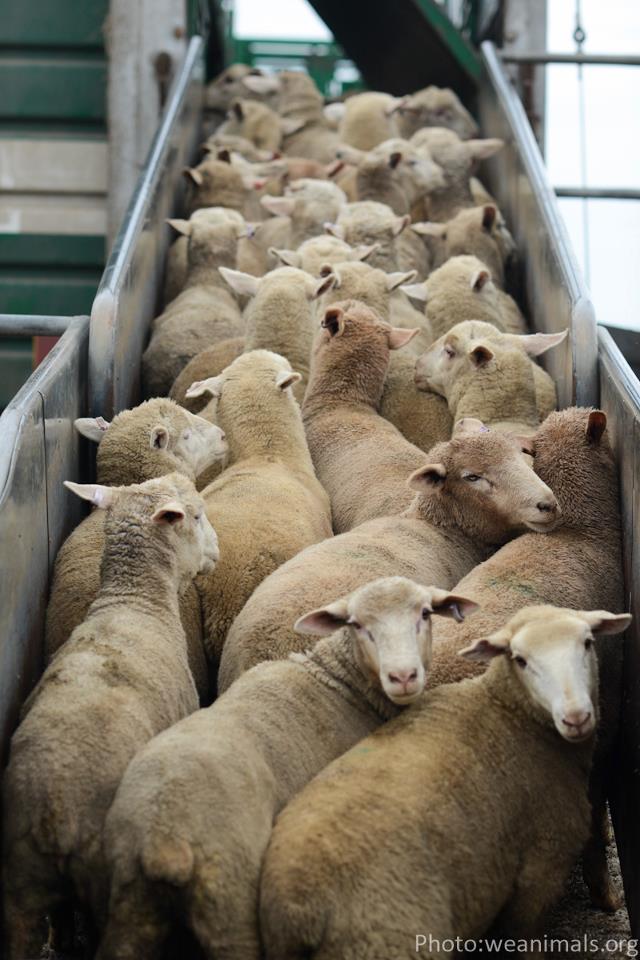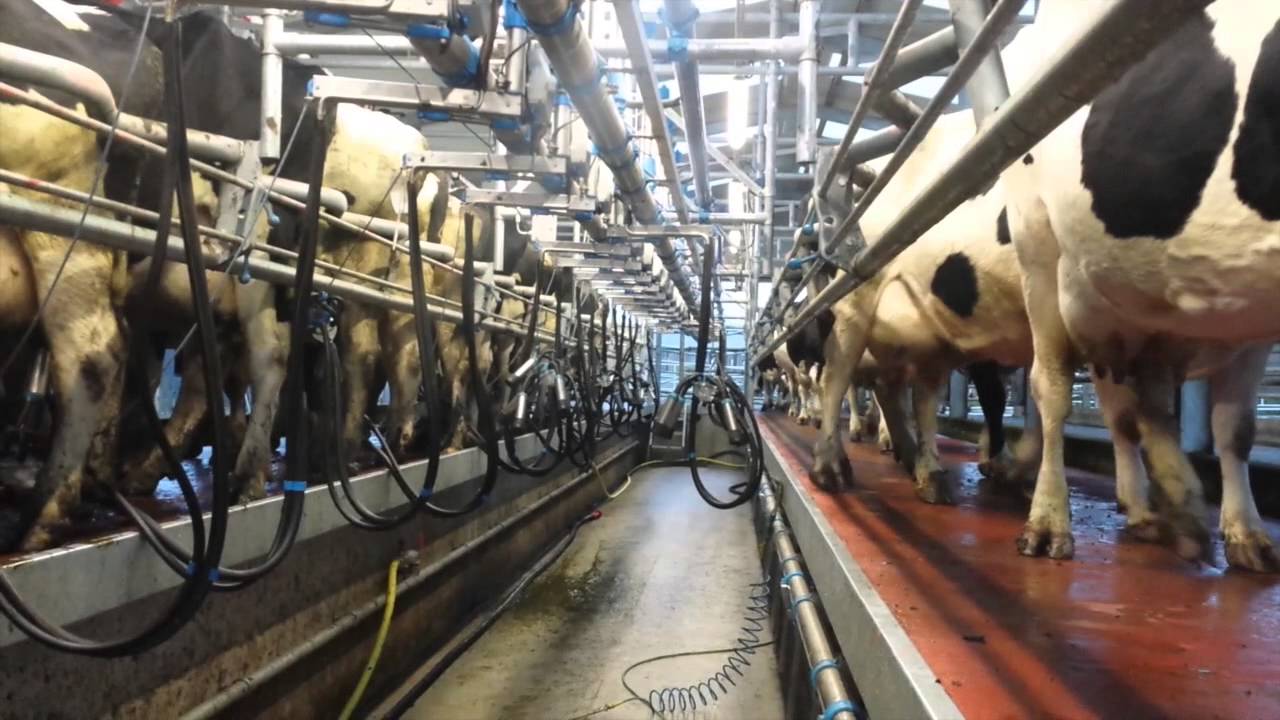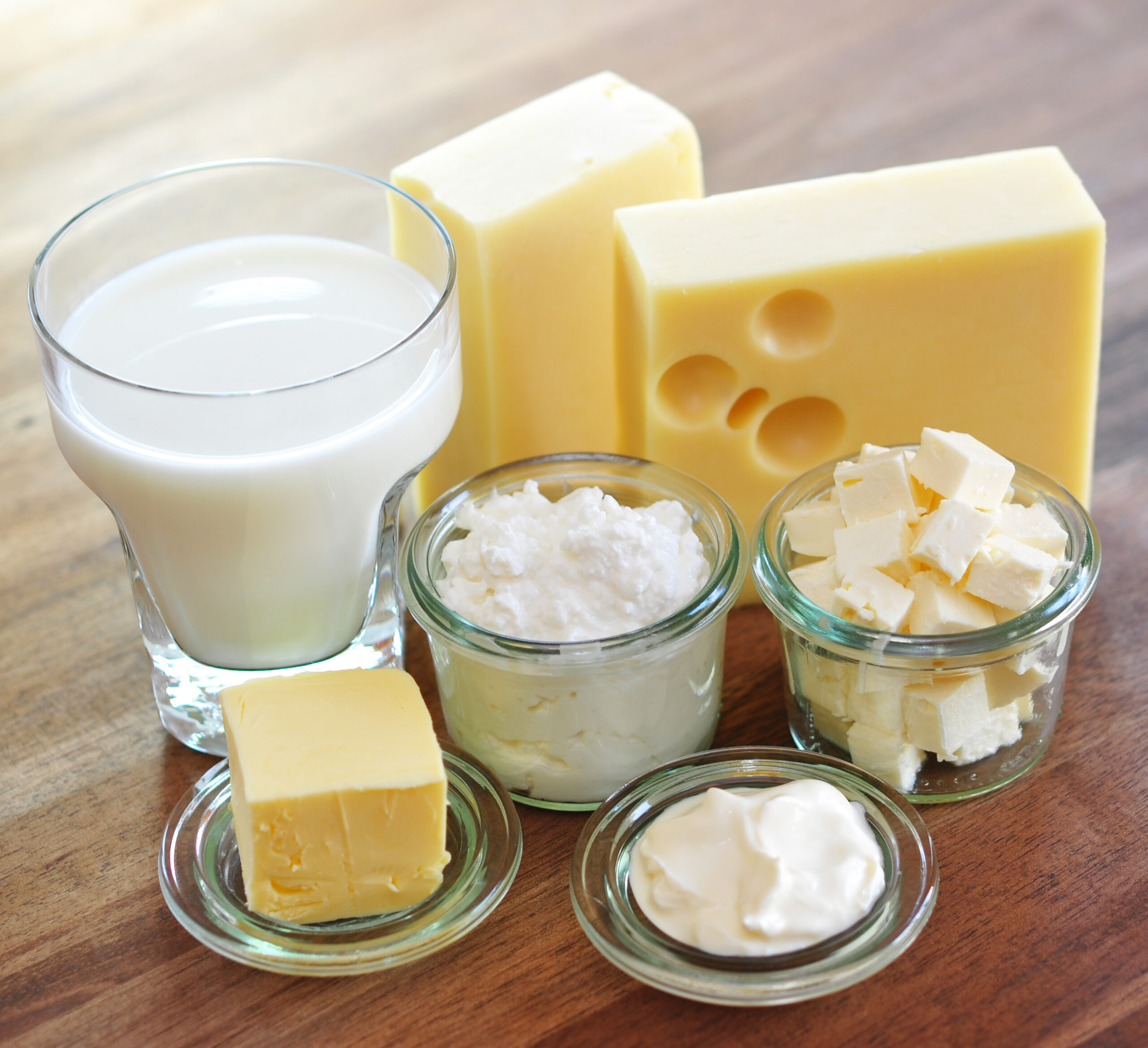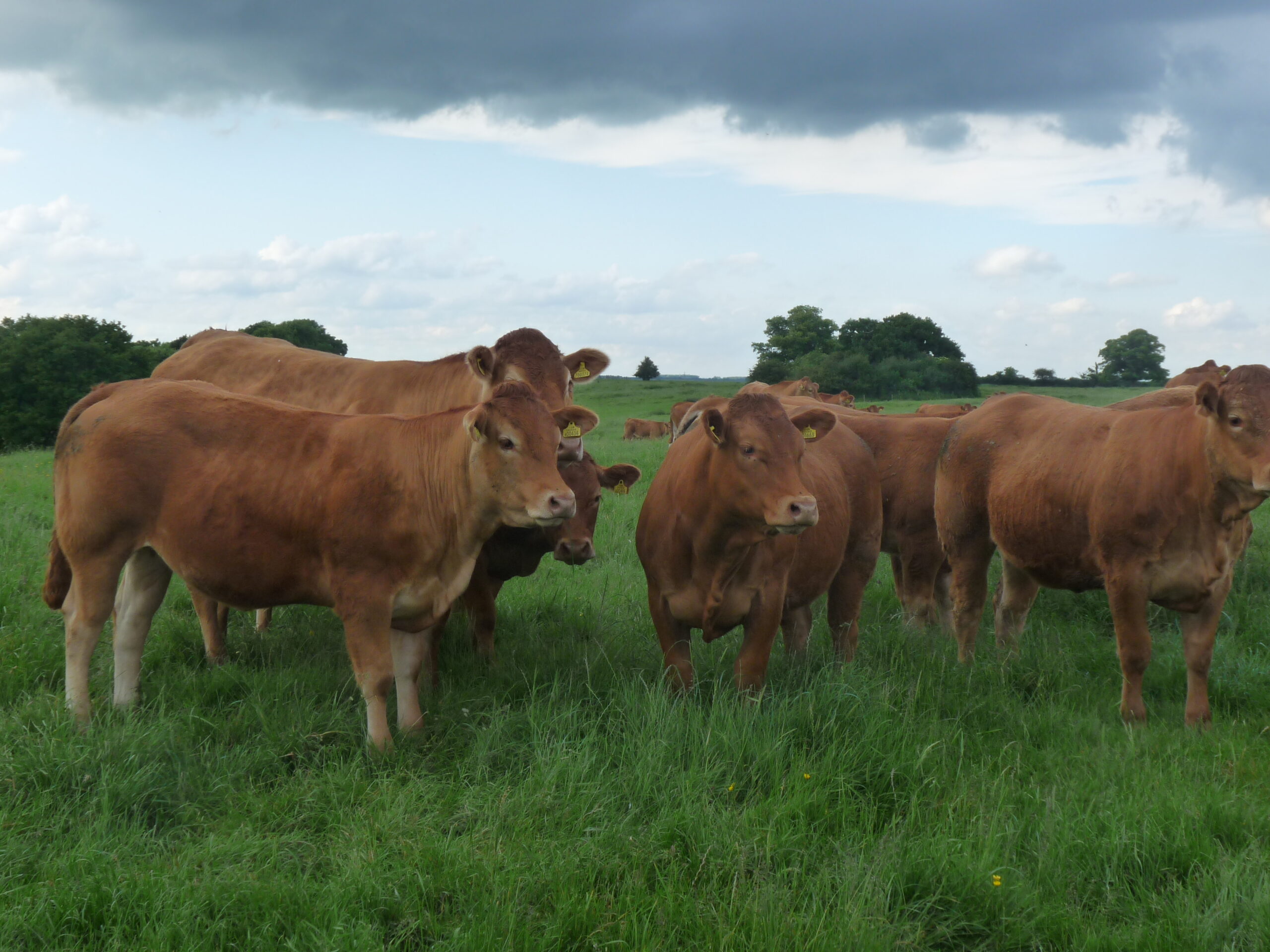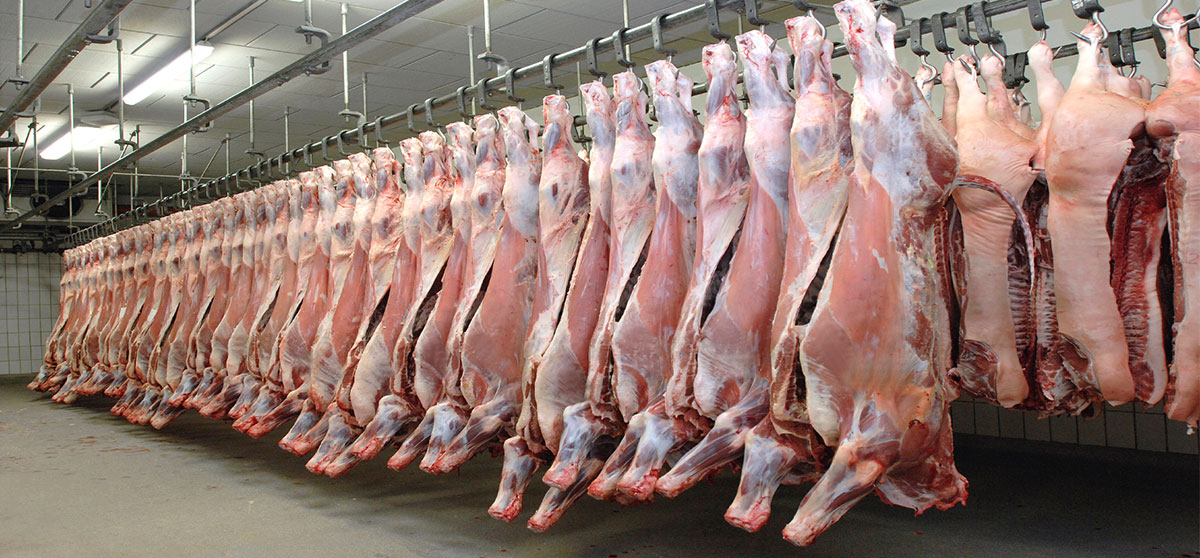Production
According to the AHDB, GB milk production is forecast to reach 12.26bn litres for the current season. This will be 0.8% less than in 2021/22, but slightly up on the Levy Board’s June forecast (-1%). The reasoning behind the revised figures is July data from BCMS shows that dairy herd numbers, although declining, are (marginally) higher than previously estimated at 1.63m head (1% decline on the year). Historically, production has been growing on average by 1.5% per annum and growth was expected to reach 2.3% in 2022 and 2023. However, yields have been low since June 2021 and are expected to remain subdued for the remainder of the year. Some recovery is forecast for spring 2023, with a slight improvement on 2022 production, but still below 2021. But if farm finances worsen, this could lead to further yield reductions and destocking.
Winter forage will be challenging, particularly in the East and South West of England, where the dry weather means silage has been fed sooner than normal. Reports on silage quality is variable, and also for maize and wholecrop. According to anecdotal evidence, the situation is highly variable between regions and even farms.
Prices
The GDT index has risen at both the events held in September. This, it should be remembered though, comes after declines in every GDT auction since March (except for one in June) – quite a contrast to UK farmgate prices which have risen consistently and strongly through 2022. However, GDT values are still historically high and the latest event takes the index back over $4,000 to $4,072. In the UK, tight supplies are being weighed against a drop in demand as consumers face increasing tougher economic conditions, even so farmgate price announcements are still positive but appear to be slowing. Some announcements for October include:
- Freshways 50ppl liquid standard litre will remain for October.
- First Milk has announced a 0.75ppl increase from 1st October, taking its manufacturing standard litre to 49.39ppl.
- Muller Direct suppliers will receive a 1ppl rise from 1st October. And those aligned to the Tesco Sustainable Dairy Group (TSDG), will also receive the same 48ppl, effectively ignoring the current cost of production calculation.
